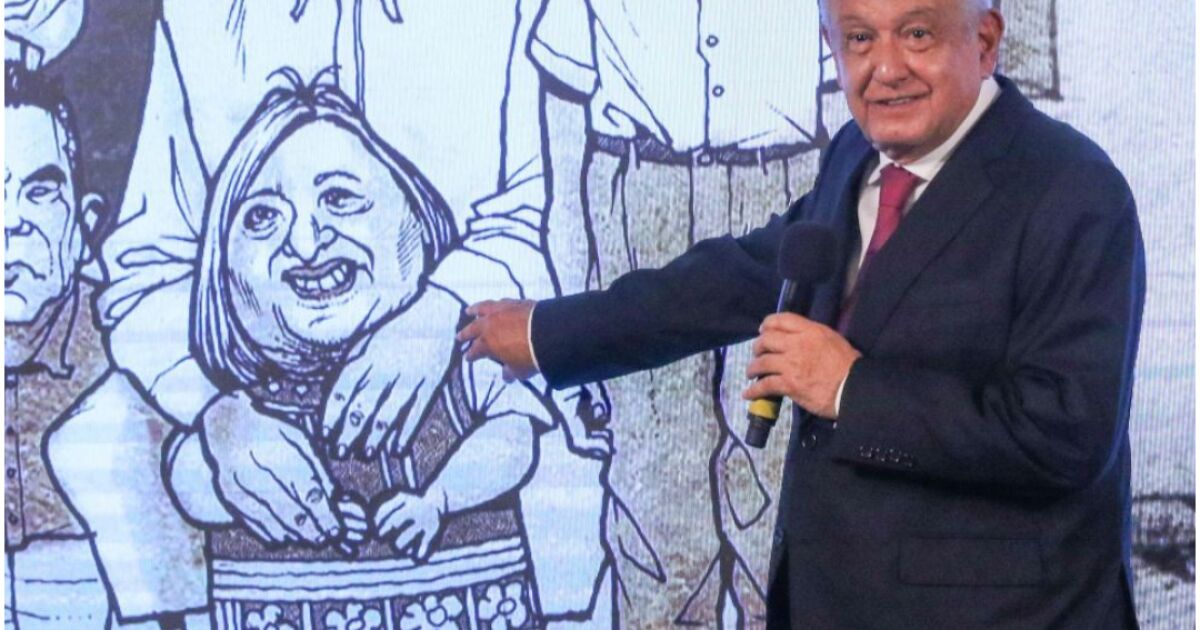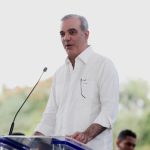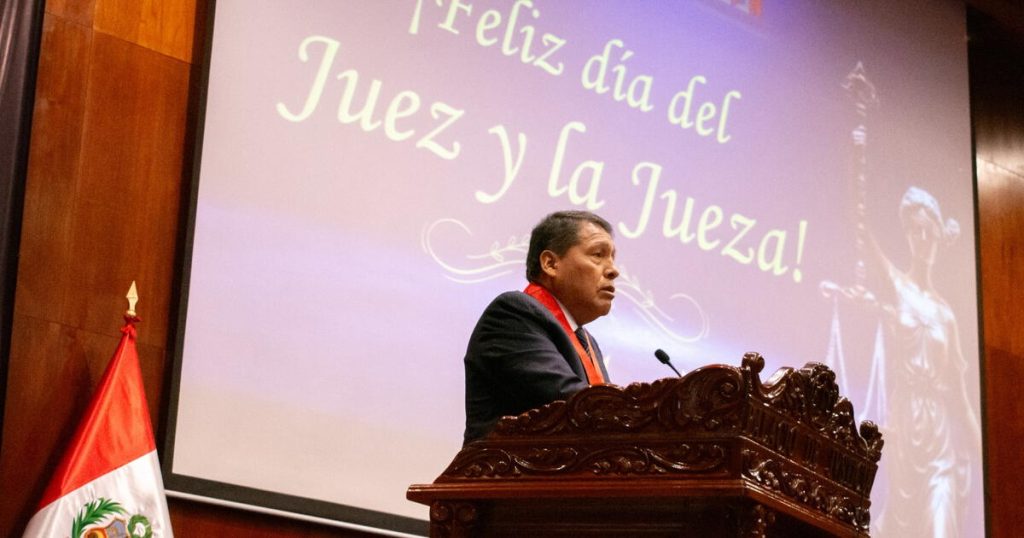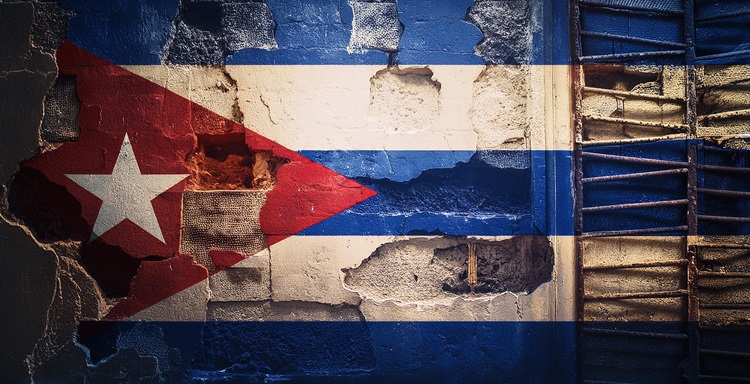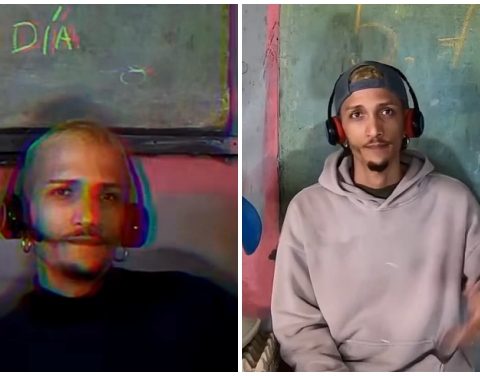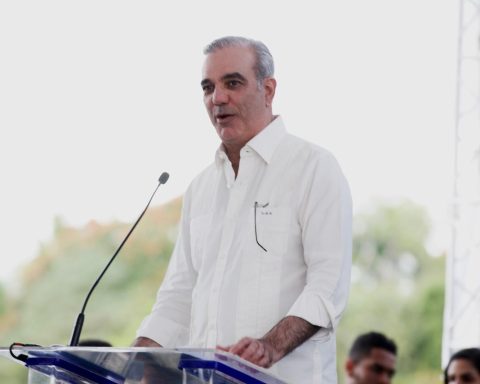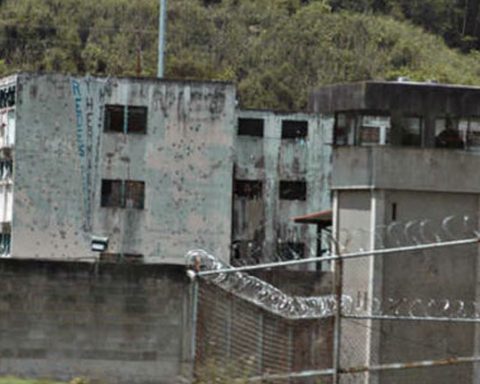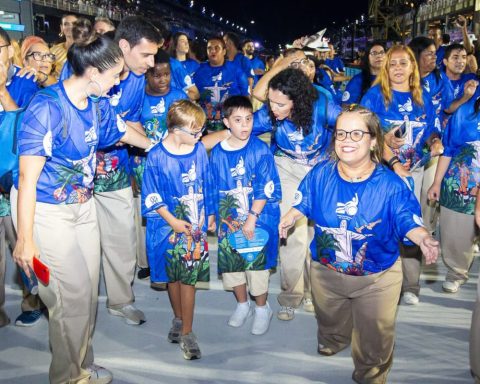What did AMLO say and what do the rulings say?
Currently, there is disagreement about how many morning press conferences President López Obrador committed the legal and constitutional violations reported and confirmed, especially because there were many conferences, events, and tours reported, and they are still in three instances.
These are the INE that substantiates the cases; the Regional Chamber in the first instance and the Superior Chamber, in the final instance.
For now, There are few cases in which there is already a final judgment and they refer specifically to the campaign period.since López Obrador’s electoral expressions have been denounced practically since 2022 and all of 2023, when he brought forward the times by naming his “corcholatas” or candidates to succeed him in office and an activism was unleashed by him and his party colleagues to talk about the election of this 2024.
Furthermore, the files have been piling up, and for each one blocks of up to 32 morning press conferences have been resolved. The National Action Party (PAN) and the Democratic Revolution Party (PRD) were the parties that promoted the most complaints, but they do not have the record of how many sentences they have managed to prove that the president incurred in constitutional and legal violations in these years.
The former candidate of the opposition bloc, Xóchitl Gálvez, assured before the election, which already had 34 morning press conferences, the irregularities were demonstrated, And in fact, the draft resolution on the presidential qualification analyzed the phrases presented by the opposition to prove that the president used his morning press conferences to praise the figure of Sheinbaum and denigrate the opposition and its candidate.
(Photo: Moisés Pablo/ Cuartoscuro)
These statements were made at 34 conferences, events and tours by the president, although there are dozens of morning press conferences and pending cases in which the complainants claim that the same violations have occurred as those already confirmed by the Court in other cases.
Of the 34 conferences cited in the project, Only 25 were carried out after the electoral process had started. Of these, nine are from the year 2023, before the start of the process, 10 more were presented in the previous period or already pre-campaigns and inter-campaigns and 15 were during the campaigns.
According to the opposition, they involve the electoral participation of the president, a morning press conference every third day of the first half of March, and one every third day of the second half of the months of April and May.
However, according to the project, it is not enough to “prove the systematic and repeated intervention by the president,” since It is explained that what was not proven was not the content reported, but the impact of what the president said on the vote.
“In a period of 17 months in which more than 342 morning press conferences were broadcast, only 34 of them were accredited for expressions that were considered possibly irregular in the regulations,” it is assessed.
However, the document did not include final judgments issued by the Superior Court in which the undue interference and constitutional violations committed by the president were proven, despite the fact that the draft was presented on July 24 and a week earlier, on July 17, the same Superior Court He confirmed that the law was violated and equity was affected already during the campaign period., in at least three morning conferences. These were on April 12, March 21 and 22.
He April 12 at his conferenceThe president made a broad assessment of his government, fulfilled commitments and future commitments, for example, the restitution of 50,000 hectares of land to the Yaqui peoples. He spoke of his proposal for pension reform, the creation of the Welfare Fund and the date of delivery of the first pensions. He spoke of the advances in economic development and aired the phrases of a journalist with the exposition of these results of his government.
It was therefore confirmed that the president had incurred in “violation of the principles of impartiality and neutrality in its aspect of improper use of public resources, specifically human and material, with respect to the organization and dissemination of the conference in question and, therefore, the affectation of equity in the contest.”
In addition, the dissemination of government propaganda during the prohibited period, personalized promotion, and violation of the principles of impartiality and neutrality were proven, since “the expressions analyzed generated a real impact or undue influence on the concurrent federal and local electoral processes.”
Another final judgment was issued in relation to the conference morning of March 22, held in Coatzacoalcos, Veracruz, where the local government was renewed and the Superior Court confirmed that there was interference in this case in the local process.
On that occasion, López Obrador defended the then candidate for governor of Veracruz, Rocío Nahle García – at that time accused of alleged enrichment – and also the governor of said entity, Cuitláhuac García Jiménez.
In defense of the Morena member, the president stated: “that person who they want to harm, because of the season, you see that since it is the pineapple season, the mango season, the chayote season, I mean… By the way… Well, like that, because of the season, from what I know and what I can confirm, that person is honest,” he said, and the governor mentioned Nahle by name as the honest person to whom the president referred.
A third conference during the campaign period, the content of which was considered irregular, involved Alicia Bárcena, head of the Ministry of Foreign Affairs (SRE) and was held on last March 21st.
The Superior Court concluded that both officials disseminated government propaganda during a prohibited period, violated the principles of impartiality and neutrality, and misused public resources, all of which are prohibited by the Constitution.
In its rulings, the Higher Court has established that impartiality and equity are required in electoral procedures “to prevent the use of public power in favor of or against any political party or candidate for elected office; as well as the use of this power to promote personal ambitions of a political nature.”
In addition, to “protect Mexican democracy by preventing the use of public money to influence the electoral contest and institutional propaganda for electoral purposes, and to demand that those who occupy government positions be completely impartial in electoral contests,” which, in the opinion of the magistrates, has not been fulfilled.
